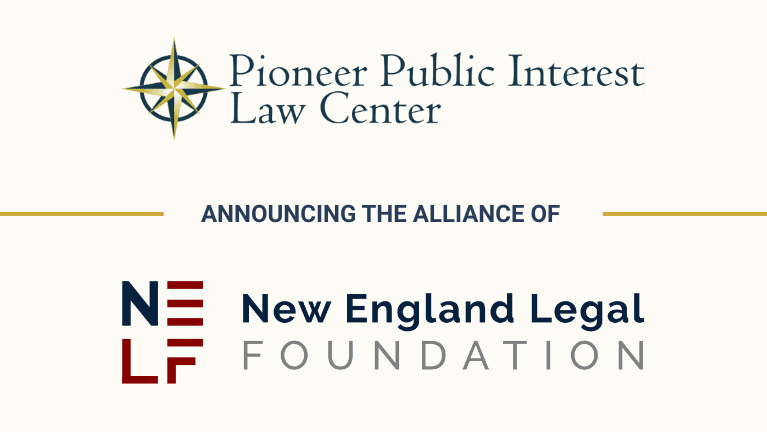NEWS RELEASE – FOR IMMEDIATE RELEASE – NEWS RELEASE
Contact: Camaryn Sapienza, 630-699-9865 (m), csapienza@lat.cup.mybluehost.me
New England Legal Foundation Introduces Innovative “Free Market Affordable Rent” Model Zoning Plan
One Bedroom Rent in Boston Would Cost Maximum of $2,005 Monthly Under Plan
BOSTON — Taking an imaginative new approach to addressing our region’s housing crisis, the New England Legal Foundation (NELF) has released a new model Free Market Affordable Rent (“FMAR”) zoning bylaw.
An alternative to government-mandated rental price controls, the FMAR is designed to be customized by each town, then approved through the Town Meeting process. By removing excessive local regulations, increasing certainty and reducing timing of local permit approvals, and accelerating the process from proposal to construction, Massachusetts towns can create massive market-based incentives for landowners and developers to increase the supply of attainable rental units.
The FMAR model can be accessed here: [LINK]
“Excessive land use regulations add costs, uncertainty, and delays in housing construction that drive up the cost of housing for purchase or rent. Our aim is to create an alternative to government-imposed rent control by creating incentives for private sector owners and developers to yield more value from their property by including affordable rental units in their developments or conversions,” said Dan Winslow, President of the New England Legal Foundation, the leading non-profit public interest law firm in the Northeast dedicated to free enterprise advocacy.
The FMAR can be adapted by towns that are interested in increasing the availability of attainable rental housing, tailored to local needs and concerns, in a “bottom up” approach rather than a “top down” approach of state mandate. If approved, the FMAR zoning would be voluntary for landowners and developers and apply only to property which is subject to a Restriction Agreement on the deed that runs with the land. The deed restriction and model zoning sets a maximum rent price based on the 80th percentile of Annual Median Income, where no more than 33% of gross income is spent on housing. Applying this formula to the current AMI, for example, the maximum monthly rent for a one-bedroom apartment in Boston would be $2,005.
Under Massachusetts law, the deed restriction automatically expires after 30 years and the property can be sold subject to the restriction in the interim. After 30 years, there are no restrictions on the rental or sale of the property which can then be sold or rented at fair market value.
“This Free Market Affordable Rent zoning bylaw approach could allow landowners and developers to generate more value and revenue from the same amount of land with more density, fewer restrictions, and expedited and predictable approval,” said Josh Zakim, Executive Director of Housing Forward-MA.
The FMAR sets limits on maximum price and not income. Income-based restrictions are too easily gamed by participants in the underground economy and require new bureaucracy for application and enforcement. By contrast, setting a maximum rental price tied to Annual Median Income leaves landlords with the flexibility to rent below maximum rent levels to family members and others. The FMAR is self-enforcing as a zoning bylaw because tenants who are aware of the maximum rent allowed by law will be motivated to alert the Zoning Enforcement Officer in the event of any violation.
The New England Legal Foundation has offered free legal consultation with town attorneys for any town that is considering the FMAR approach to attainable housing. “To assist in drafting, we’ll confer at no cost with the Town Counsel from any town that is considering FMAR zoning based on this model,” said NELF’s Dan Winslow.
###
About the New England Legal Foundation
Founded in 1977, the New England Legal Foundation (NELF – www.newenglandlegal.org) is the leading non-partisan, non-profit public interest law firm in the region dedicated to economic liberty. NELF’s ongoing mission is to champion free enterprise, property rights, limited government based on rule of law, and inclusive economic growth. We believe that free enterprise is a foundational value of a democratic society and the best opportunity for people to lift themselves to prosperity.


